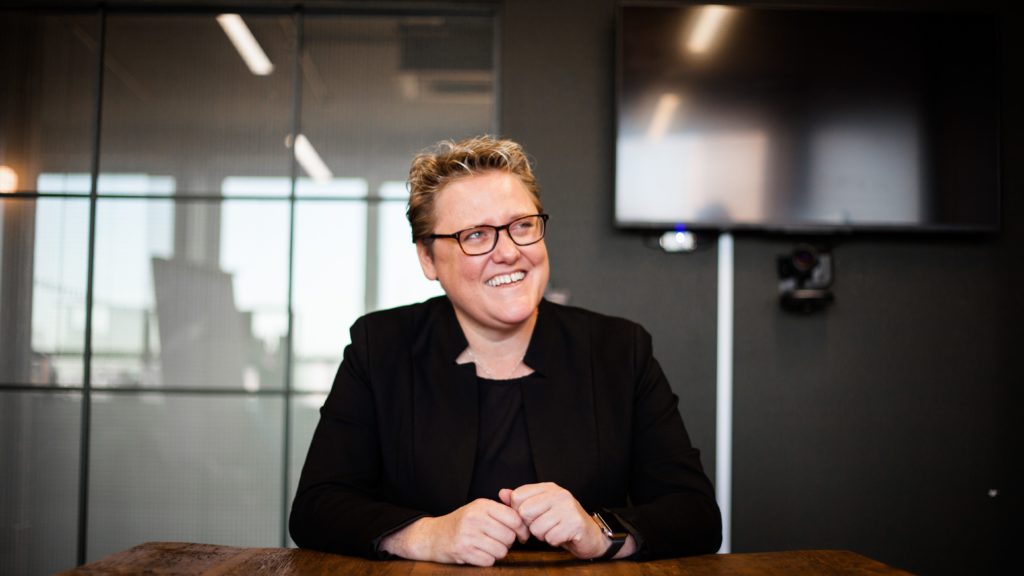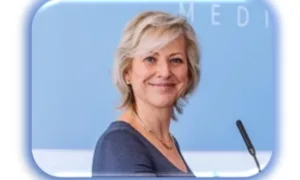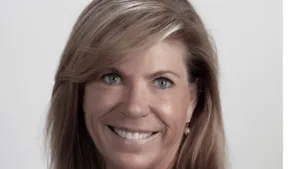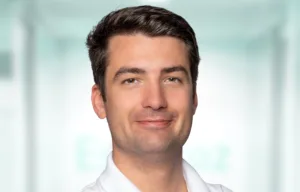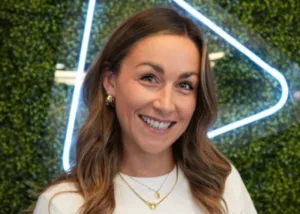Tamara Littleton is founder and CEO of The Social Element, a consultancy-led social media agency advising some of the world’s biggest brands on how to use social to solve business challenges. In 2013, Tamara also co-founded Polpeo, a crisis simulation platform for brands and their agencies.
A digital pioneer, Tamara is a champion of the diversity, LGBTQ and female entrepreneurial agenda.
Who is your digital hero?
Ian Jindal, the founder and Editor-in-Chief of InternetRetailing, and my two-times boss at both Thomson Science and Professional Publishers (TSP) and the BBC.
What has he done to win hero status in your eyes?
Everyone has a mentor in their life, that one boss who really shapes your career and your personal development. Ian was that person for me.
He was so inspiring and pioneering in the digital space that I engineered it so that he became my boss at the BBC – I was running the Online Webmaster team and he headed up Online Operations. Ian is a visionary, but also helped bring structure in those early digital days.
At TSP we worked together on an early digital project, with the University of Nottingham and a small start-up at the time, called Adobe(!). We were paving the way with digital downloads of online journals for libraries, which then became the norm as the web progressed, not just for institutions but for individuals, too. Ian had a passion for digital and he had a way of making you believe anything was possible.
How has his heroism helped drive digital?
When I left TSP and went to head up the webmaster team at the BBC in 1998, I knew that the BBC would benefit from his vision, drive and ability to bring order to brand new problems. So he joined as my boss there too.
Together with the wider team we began the building blocks of the early web offering at the BBC. It was an incredible time and we were experimenting every day. People may not realise it, but because of the license model the BBC was able to invest and hire exceptional talent to build a website that was the pride of Britain and an example to the world.
The people working there in those early days were a mixture of digital upstarts (like me) and incredible people who’d been at the BBC for years, and who were willing to translate their content knowledge and experience to the new digital age.
Every day was a new adventure. We were teaching ourselves to code HTML, publishing innovative content and experimenting with online communities like forums and live chats which connected the public with the talent and content. Ian brought out the best in all of us and knew how to create a real sense of team.
We oversaw so many new digital firsts such as the BBC forums and interactive TV, and he always led with an excited approach to the world, and a passion for diversity. He also managed to bring a sense of order and process to ensure everything was done to BBC standards. Since those heady days, Ian carried on pioneering in the ecommerce industry and has been the Founder and Editor-in-Chief of InternetRetailing for many years.
What are the biggest challenges in digital we need another hero to solve?
Since the early days on the web I’ve been fascinated by the way society interacts with digital and how consumer behaviour has changed over the years. I’m old enough to remember conversations around ‘netiquette’ and how important it was to behave with kindness and ethics on the internet.
Social media has had a transformational effect on society. I’m an optimist so I see the overwhelming positive changes on society and the way people interact. At the Social Element, we can be focused on incredible marketing, customer engagement and creative content for brands, but there are also days when we deal with crisis management. That means dealing with the darker elements of online life, and that does give me a perspective where I worry about the future.
I feel strongly that there needs to be more done to set ethical standards for things like AI, and ensuring we have diverse teams responsible for coding the algorithms that will run our lives in the near future. If we don’t, society will go backwards in terms of equality. I’d like to see more discussion in this area and more digital heroes rising.
What is your most heroic personal achievement so far in digital?
I can’t claim to be a hero, but there are lots of small things that I’ve been involved in that I like to think have moved the needle. At the BBC the team was setting standards and pushing boundaries every day and it was an honour to be part of that.
I have run my agency, The Social Element for 17 years and it was tough starting out before social media was really a ‘thing’ so I like to think I educated people and brands along the way.
I’m also creating a new industry with my co-founder, Kate Hartley, – our company, Polpeo, allows brands to test their ability to manage a crisis breaking on social media by using our crisis simulation software.
But on a more personal front I’m exceptionally proud to have been part of the original task force setting standards on digital and nascent social media for child safety. The early days of the web were like the wild west and it felt positive to help set a framework for what we have now.


